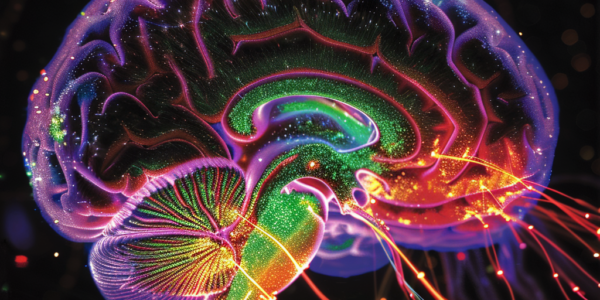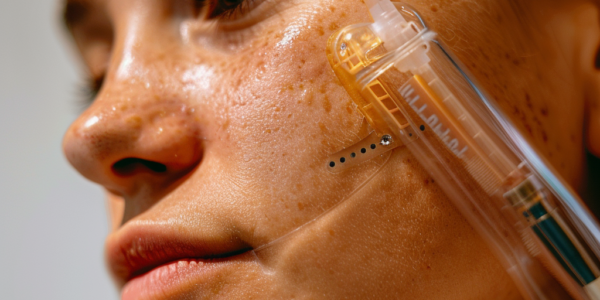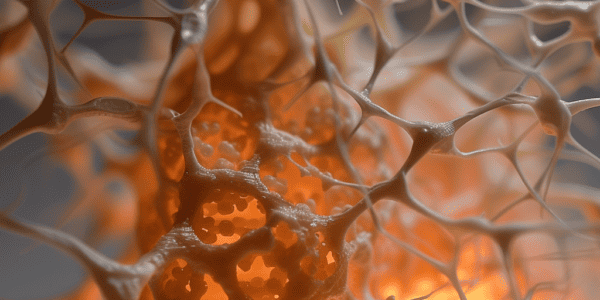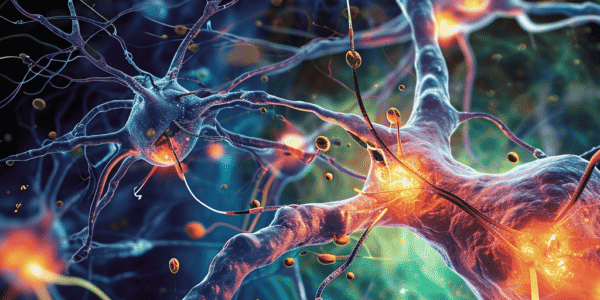Global Burden of Neurological Conditions Revealed in Recent Lancet Study
A recent study by The Lancet Neurology reveals that over 1 in 3 people worldwide are affected by neurological conditions, making it the leading cause of illness and disability globally. The World Health Organization highlights the significant impact on global health, emphasizing the urgent need for targeted interventions to improve access to quality care, treatment, and rehabilitation. The study identifies the top ten neurological conditions contributing to health loss, underscoring the need for comprehensive strategies to address the growing impact on global health.
Key Protein Identified in Development of Alzheimer’s Disease
Scientists have discovered a key protein, Mdm2, in the development of Alzheimer’s disease that, when blocked, could potentially slow or halt the condition’s progress. This discovery was made through tests on mice, where deactivating Mdm2 stopped the destruction of dendritic spines and synapses, crucial for brain cell communication. Understanding the role of Mdm2 in Alzheimer’s progression could be crucial in developing treatments for the disease.
TIMELESS Trial Shows Promise in Expanding Time Window for Stroke Treatment
Recent developments in stroke care have shown promising results in expanding the time window for thrombolysis, a critical treatment for eligible stroke patients. The TIMELESS trial, led by Gregory W. Albers, MD, has demonstrated the safety of tenecteplase in later-window poststroke patients, opening new possibilities for treatment. The findings from the TIMELESS trial have sparked discussions within the medical community about the potential implications for stroke care. While the trial did not achieve statistical significance in its primary outcome, the safety demonstrated in treating later-window poststroke patients with tenecteplase is a notable development.
New 24-Hour Wearable Drug Pump Revolutionizes Parkinson’s Disease Treatment
The NHS is set to offer a 24-hour wearable drug pump as a breakthrough in Parkinson’s disease treatment, providing round-the-clock medication and eliminating the need for multiple daily tablets. This innovative technology administers an infusion known as foslevodopa-foscarbidopa through a cannula under the skin, converting the drug into dopamine to aid in motor function and movement control. With the potential to transform the lives of patients who are no longer responsive to oral medication, the introduction of this technology has been described as ‘great news’ by NHS England’s medical director for specialised services. The therapy is expected to offer a new treatment option for nearly a thousand patients and significantly improve the quality of life for individuals living with Parkinson’s disease in the UK.
Scientists Develop World’s First 3D-Printed Brain Tissue with Potential to Revolutionize Neuroscience and Brain Disorder Treatments
Scientists in Wisconsin, USA, have achieved a groundbreaking feat in the field of neuroscience by developing the world’s first 3D-printed brain tissue that mimics the functionality of natural brain tissue. This development is a significant stride towards the advancement of treatments for neurological and neurodevelopmental disorders such as Alzheimer’s and Parkinson’s disease. The innovative approach employed by the scientists involved the use of a 3D printer that departed from the conventional method of stacking layers vertically. Instead, they utilized a horizontal layering technique and placed brain cells, specifically neurons derived from induced pluripotent stem cells, in a softer ‘bio-ink’ gel compared to previous attempts. According to Su-Chun Zhang, a professor of neuroscience and neurology at UW–Madison’s Waisman Center, the 3D-printed brain tissue provides a powerful model for understanding human brain cell communication. This breakthrough has the potential to revolutionize stem cell biology, neuroscience, and the understanding of various neurological and psychiatric disorders.
Revolutionary Brain Implant Treats OCD and Epilepsy
American Amber Pearson used to wash her hands until they bled, terrified by the idea of contamination from everyday items, a debilitating result of her obsessive compulsive disorder (OCD). But the repetitive rituals of her condition are largely consigned to…
Study Links Living in Poor Neighborhoods to Worse Stroke Recovery
Living in poor neighborhoods has been found to be linked to worse stroke recovery, according to a preliminary study to be presented at the American Stroke Association’s International Stroke Conference 2024. The study revealed that stroke survivors living in areas…
Prevalence of Parkinson’s Disease Expected to Rise to 12-17 Million by 2040
The prevalence of Parkinson’s disease is on the rise, with an estimated 12 million to 17 million people expected to be affected by 2040, according to a recent three-paper series in The Lancet. The series addresses the current state of…
New Magnetogenetics Technique Shows Promise in Treating Parkinson’s Disease
Researchers have made a significant breakthrough in the treatment of Parkinson’s disease using a new technique called magnetogenetics. This innovative approach involves using very small magnets to wirelessly trigger specific, gene-edited nerve cells in the brain, effectively relieving motor symptoms…
Magnetogenetics: A Groundbreaking Treatment for Parkinson’s Disease
Researchers have made a groundbreaking discovery in the treatment of Parkinson’s disease using magnetized neurons. A team of scientists has reported in Nano Letters about a new technique called magnetogenetics, which uses tiny magnets to wirelessly stimulate specific gene-edited nerve…










